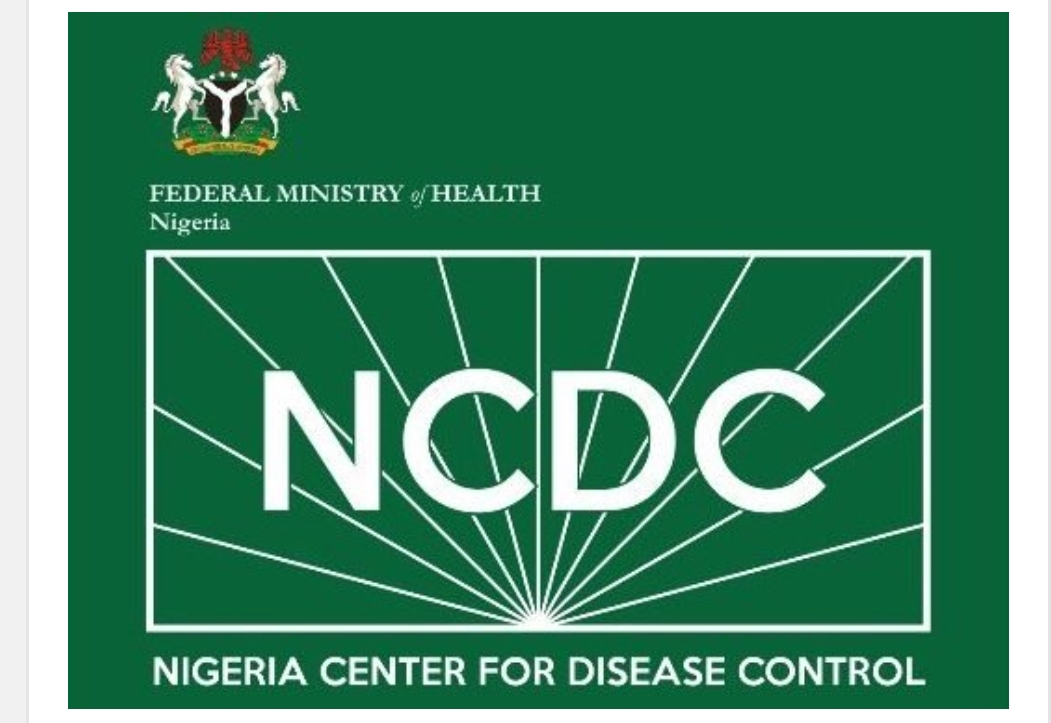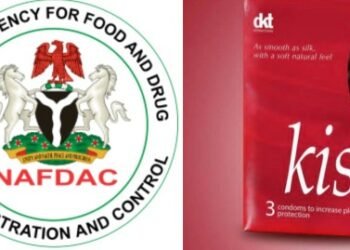The Nigeria Centre for Disease Control (NCDC) has announced that it has stepped up measures aimed at controlling Cholera outbreak and COVID-19 pandemic.
The centre, in its Week 30 Report, said apart from huge resources invested in the current response to COVID-19, it is also not losing sight of the ongoing cholera outbreaks.
The NCDC said it has supported states through deployment of rapid response teams, development and dissemination of National Acute Watery Diarrhoea Guidelines and deployment of cholera rapid diagnostic kits, among others, to the affected states.
“Previously, the NCDC issued public health advisory which has contributed to increased public awareness in which significant morbidity and mortality have been averted.
“Given the current COVID-19 situation, and peak of rainy season, the NCDC again advises that Nigerians continue to take the following precautionary measures:
“Ensure water is well boiled before drinking and bottled water is properly sealed. Store boiled water in a clean and safe container
“Wash your hands frequently with soap and clean water. Use alcohol-based hand sanitiser if soap and water are not available
“Ensure all food is well cooked before consumption. Avoid raw foods such as fruits and vegetables, except you have washed them in safe water or peeled them yourself.
“Avoid open defecation and indiscriminate refuse dumping and ensure proper disposal of waste and clearing of sewage
“If you experience sudden watery diarrhoea, please visit a health care facility immediately and take all sick persons with the signs or symptoms above to a health care facility immediately,” the report stated.
NCDC urged all states to ensure interventions towards cholera control, admonishing that priority should be given to early reporting of suspected cases, provision of Water, Sanitation and Hygiene (WaSH) facilities, medical supplies, and institutionalisation of proper case management practices.
It disclosed that the National Cholera Technical Working Group, coordinated by NCDC, will continue to work closely with all states, relevant stakeholders and partners, to provide the necessary support for cholera control in Nigeria.
“The global community is currently responding to the largest and longest pandemic in modern times – coronavirus disease (COVID-19) pandemic.
“Till date, many lives have been lost across all affected countries. Worse still, Nigeria and other West African Countries are vulnerable to other epidemic prone diseases.
“Currently, Nigeria is experiencing cholera outbreaks with associated significant morbidity and mortality. States with high level of rainfall are worst hit due to flooding.
“Aside being endemic and seasonal in Nigeria, cholera is also common in environments with high level of poor sanitation, lack of clean food and water, and areas where open defecation is common practice.
“Cholera is transmitted through faeco-oral route i.e. spreads when water contaminated by excreta from infected people is consumed by otherwise healthy individuals.
“Symptoms include sudden acute watery diarrhoea in children and adults with or without vomiting, nausea and weakness. Cholera is highly contagious and in severe cases, can lead to death within hours.
“However, if detected early, it can be treated through prompt administration of oral rehydration solution (ORS) and supportive treatment,” the report added.






















